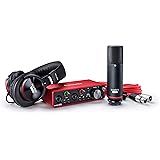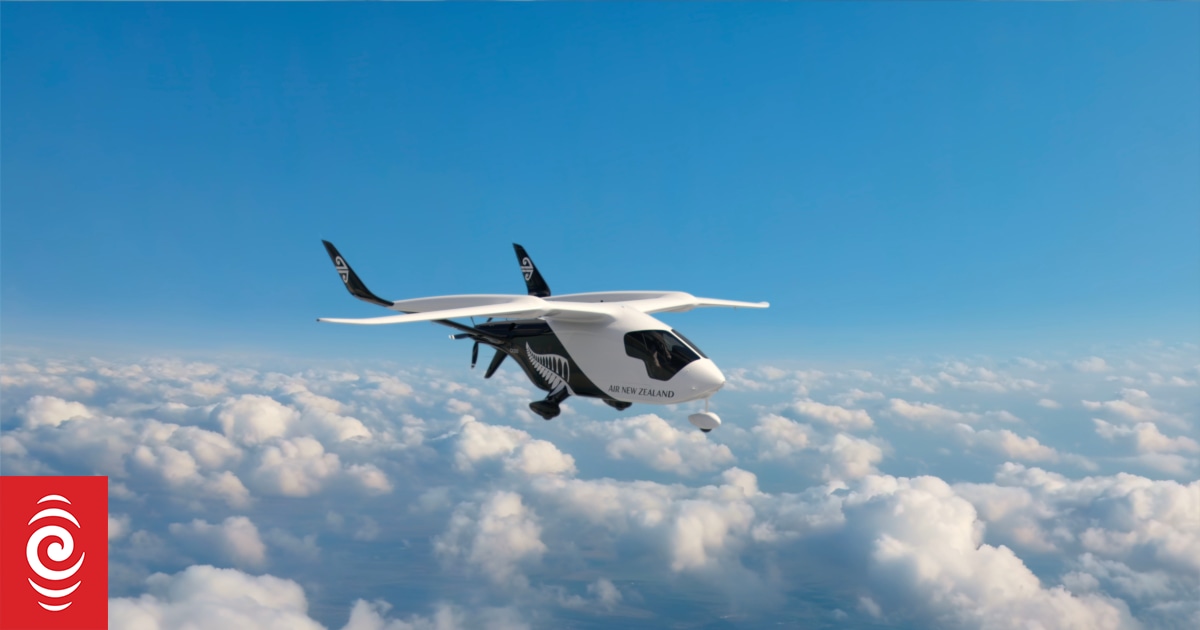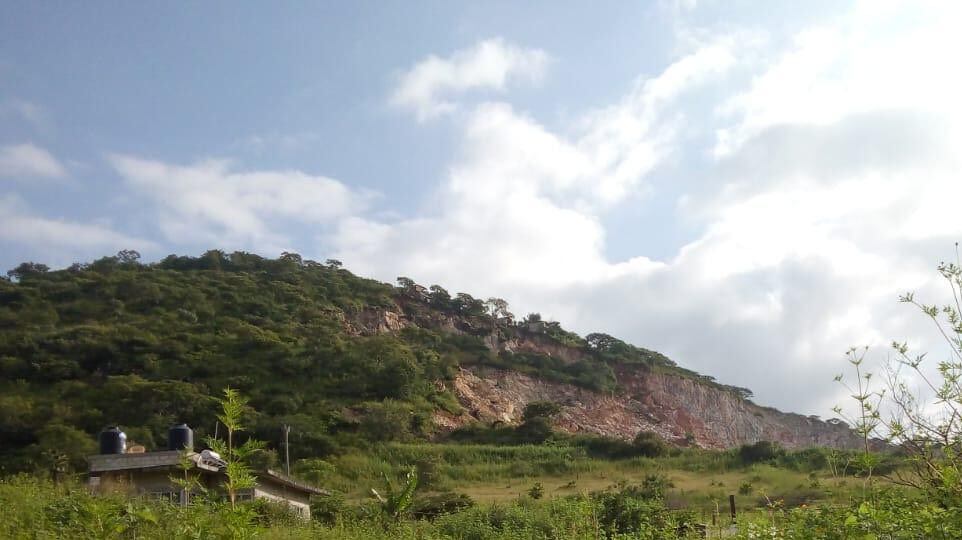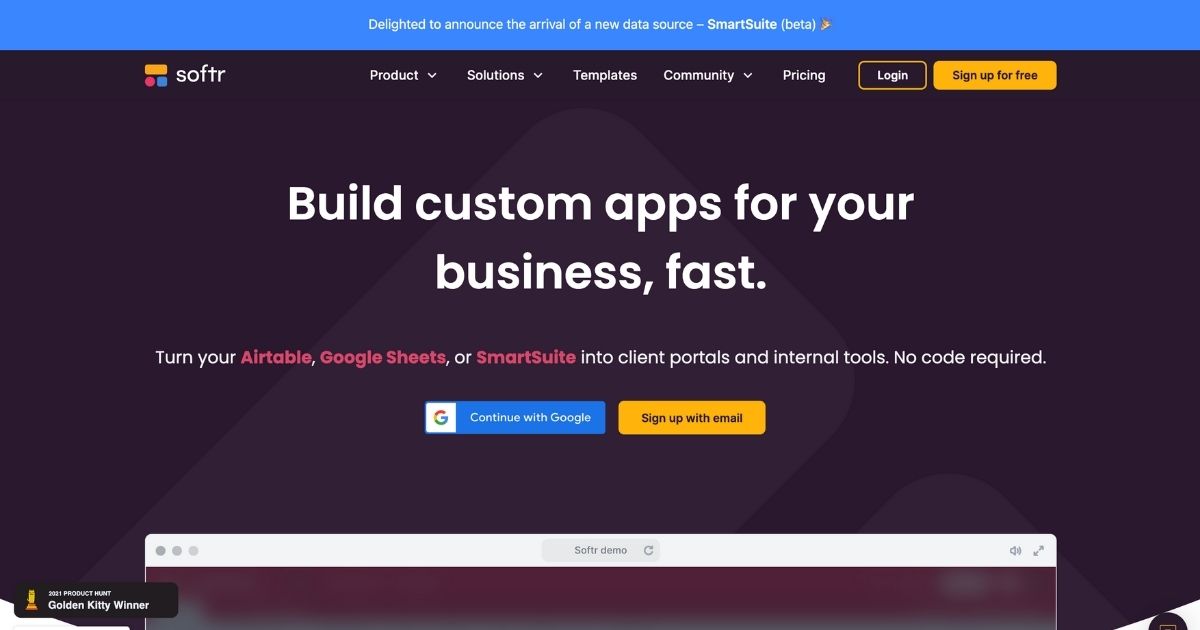The evolution and adoption of decentralized technologies grow at an exponential pace.
Millions of new users join cryptocurrency every month, forcing governments to react by enforcing regulations of the newly emerged cryptocurrency environment.
As Stobox focuses both on digital assets and digital securities (i.e. security tokens), the aspect of regulation is extremely important for the sustainable development of the Stobox business. Besides that fact, the dependencies from third-party networks may cause severe bottlenecks for Stobox future activities. Therefore we have made a decision to launch Stobox L2 Blockchain and shift main operations to the proprietary blockchain network.
Stobox L2 is an Ethereum parachain proof-of-stake (POS) consensus mechanism network which is optimized for operations with digital securities as well as with traditional cryptocurrency. Stobox L2 implements two native coins: STBU and ETH, where STBU is minable. The mining economy will be published later this year before the release of the dev net in December 2021 (est.).
Transactions on Stobox L2 can be of two types: non-published and published, where publishing means storing records of L2 transactions on third-party blockchains like Ethereum or Polychain. Publishing is an important tool to keep transparency and integrity of the ledger even with the small number of POS miners.
All transactions with security tokens ought to be published on sufficiently decentralized chains, whereas transactions with cryptocurrency may only be done on Stobox L2. In terms of transaction fees, gas is measured in gwei and will be fixed for most types of transactions and will be announced later this year.
Stobox L2 is optimized for DeFi operations with security tokens as well as with traditional cryptocurrency assets. It also allows common users to create liquidity pools and other DeFi operations as on Ethereum, BSC, Solana or others.
Stobox L2 has low transaction commissions along with embedded functionality of anchoring transactions on other blockchains. Swaps of security tokens will only be available on the Stobox L2 network.
There are multiple advantages to such an approach. Firstly, Stobox STO clients are then able to keep the registry of their securities just by holding the node. Regulations in some countries require it. Secondly, the embedded regulatory layer makes sure security tokens are bought and sold only with respect to international securities laws and regulations.
Thirdly, Stobox L2 miners will be able to earn STBU and participate in the long-term development of the network. Finally, low costs of transactions will boost operations with security tokens the same way it occurred with traditional cryptocurrency assets.
STBU becomes minable on the Stobox L2 network. Current STBU supply on both Ethereum and Binance Smart Chain may be decreased according to an updated tokenomics, which will be published later in Q4 2021. The launch of the mainnet is planned for Q1 2022.
Users can make contact if planning to become a Stobox L2 node holder and mine STBU coin.
For more information visit the website, blog, or Twitter.
Disclaimer
All the information contained on our website is published in good faith and for general information purposes only. Any action the reader takes upon the information found on our website is strictly at their own risk.
Note: This article have been indexed to our site. We do not claim ownership or copyright of any of the content above. To see the article at original source Click Here












